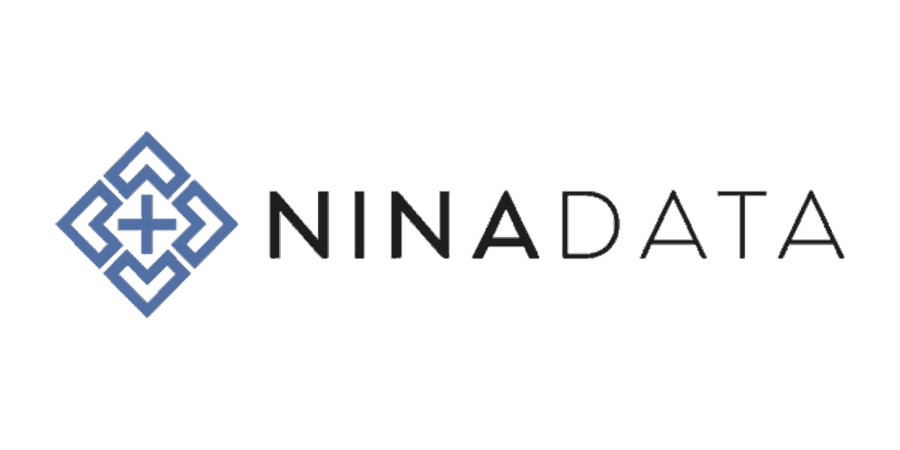Why contextual advertising is the key to brand safety
July 6, 2022Cookie extinction, ensuring brand safety, and privacy-first advertising – the challenges facing advertisers right now
September 9, 2022Since announcing the demise of cookies in 2021, Google has once again delayed its replacement of third-party cookies to late 2024.
In 2021, Google announced it would phase out third-party cookies in 2022, once it figured out how to use new technology to replace them and address the needs of users, publishers, and advertisers.
Given the widespread use of Google Chrome and cookies, the advertising industry was left scrambling to find solutions that provide targeted and personalized ads to buyers while still being privacy first. But Google later pushed back the timeline to give the industry more time to iron out its plans.
Google rival Apple has also been making changes to privacy on its platform – which has caused return on investment for an average mobile advertiser to drop by almost 40% and drop mobile ad spend by 25%, according to Forbes. Facebook and other companies – both big players and small businesses – are also suffering from the recent changes Apple made.
So once again, Google has again delayed the removal of cookies until late 2024 – granting a lifeline to the industry which clearly isn’t quite there yet.
What are cookies?
Cookies are small pieces of code that websites provide to a user’s browser and stick around as the person visits other sites. They can be used to track users across multiple sites to target ads and see how they perform, often lasting for years on users’ devices. The use of cookies has been the industry norm for many years.
Since Google announced it is ending support for cookies, advertisers have been trying to fill the cookie jar with something else. However, solutions as a whole haven’t been moving fast enough, with advertisers still choosing to profit from using individual user data collected from cookies.
While companies are reporting losses through the changes Apple has made, at least they are now catalyzed into finding long-term solutions. In Google’s case, it may capitalize in the short term by driving user adoption to its platforms by still supporting cookies – but what happens when time finally runs out?
Cookieless in-moment audience targeting
That’s why we at NinaData exist – our cookieless buying intent platform enables advertisers to reach consumers at the exact moment they are making a purchase decision – 100% privacy-safe.
Using our contextual targeting algorithms, we can recommend the optimal placements for your ads based on the contextual content types found within the structure of webpages. We can also avoid negative content and ensure brand safety.
The ad industry needs a modern day solution that is independent of personal identifiers and better matches the user intent. Google’s decision to delay the cookie extinction clearly testifies many are not there yet in the industry. So why not contact us to find out how we’re already generating 90%+ accuracy in targeting audiences already in the sales funnel considering a purchase, without the use of cookies?


